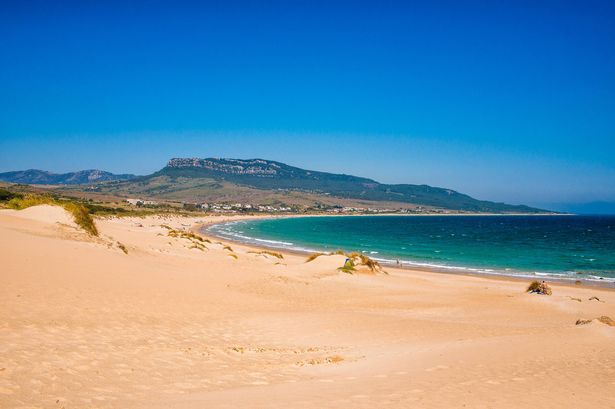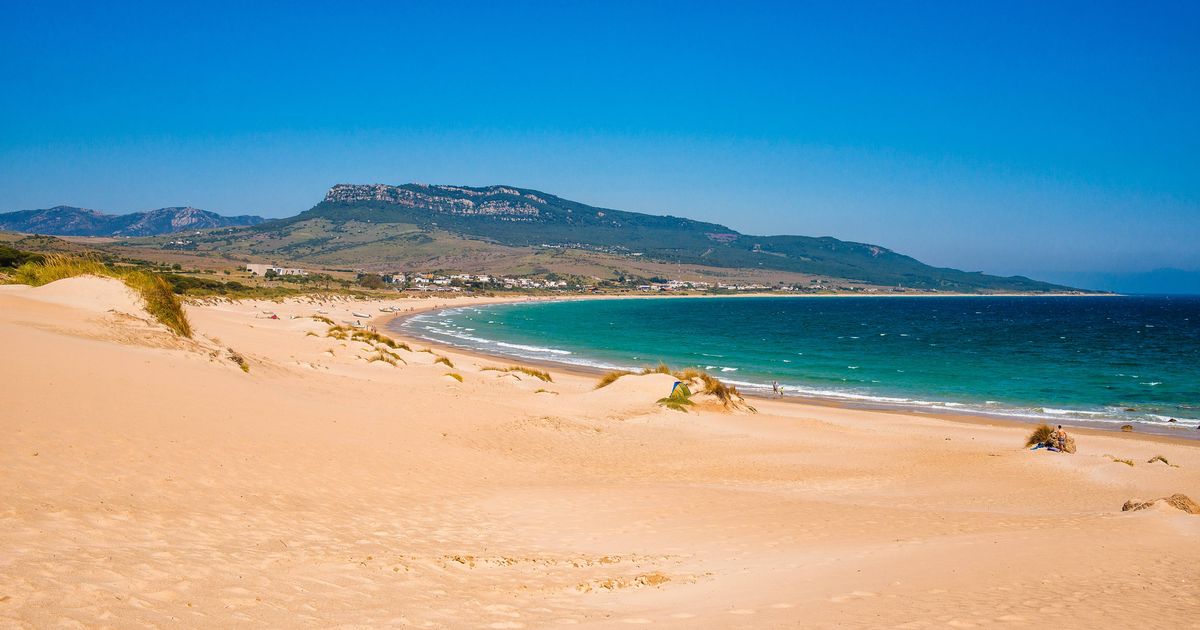Not following the rules could see you turned away from your flight, or by border guards on arrival in Spain Millions of people travel to Spain each year(Image: F.J. Jimenez via Getty Images)
Millions of people travel to Spain each year(Image: F.J. Jimenez via Getty Images)
Spain is the most popular holiday destination for people from the UK, with millions heading there each year to soak up some sun, visit its cities, and tuck into some Spanish cuisine. This year is expected to be no different, with travel experts predicting a bumper summer for trips abroad.
When going on holiday to Spain, or anywhere else, it’s important to be aware of the latest rules and entry requirement. This is particularly important in light of recent changes that have come in after Brexit.
For instance Spain, along with other parts of the Schengen area, now requires UK passport holders to ensure their passports have a “date of issue” no more than 10 years prior to their arrival date. There must also be at least three months left on the passport following the intended departure date from the Schengen area.
The UK Foreign, Commonwealth and Development Office (FCDO) advises: “Check with your travel provider that your passport and other travel documents meet requirements. Renew your passport if you need to.
“You will be denied entry if you do not have a valid travel document or try to use a passport that has been reported lost or stolen.” UK passport holders can travel to Spain and the wider Schengen zone for tourism, visiting family and friends, business meetings, cultural or sports events, or undertaking short-term studies or training, for 90 days in any 180-day period.
You’ll get your passport stamped on arrival, and it’s important you make sure you receive a stamp on the way out, too. Because if you don’t it could look like you didn’t leave within the 90 days, and could cause problems if you try to enter the Schengen area again later in the year.
To gain entry to Spain you may need to show a return or onward ticket, proof you have enough money for your stay, a travel insurance document, and confirmation of your hotel booking or proof of address if you’re staying at your own property. If you’re staying with someone else, like family or friends, an invitation or proof of their address may be required.
READ MORE: Spain’s alert for Brits using cash as a Euro note ‘no longer accepted’READ MORE: Free sticker will speed up how quickly your luggage gets to reclaim
Bringing meat, milk or products containing them into Spain is not allowed, except for items such as powdered infant milk, baby food, and special foods or pet feed needed for medical reasons. And if you’re carrying cash or travellers cheques totalling 10,000 euros or more, you must declare it to the authorities.
After making the declaration, you’ll receive a certified document indicating that the money was brought with you. If you can’t produce this document, your money may be seized when you leave.
